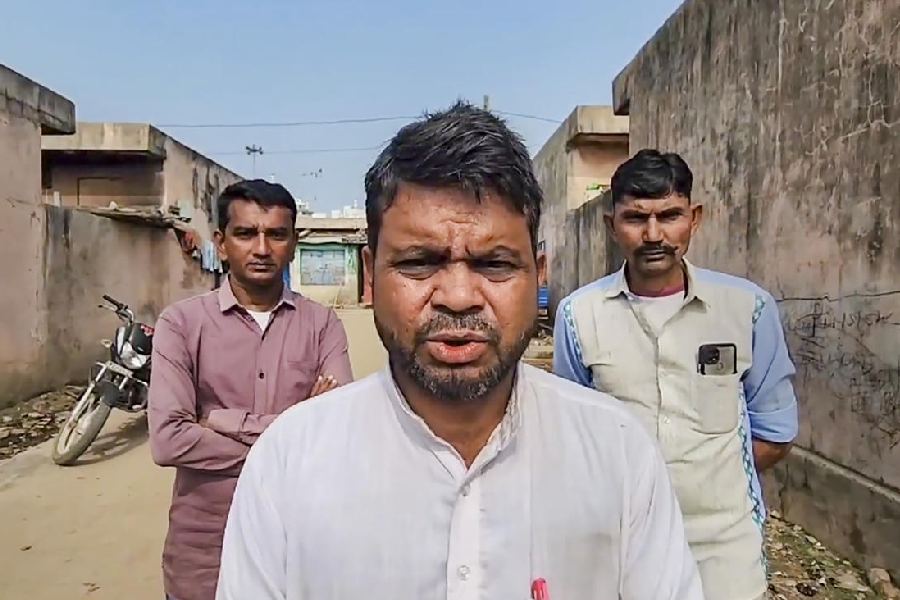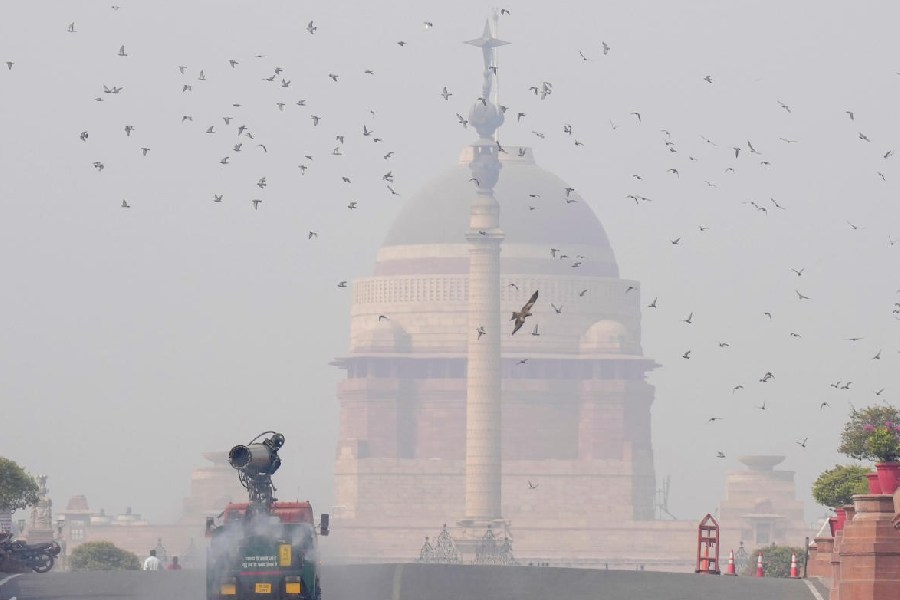New Delhi: The Supreme Court on Monday faulted the Gujarat government on several counts as it quashed the release of the 11 life convicts in the Bilkis Bano gang-rape-and-murder case.
The court said:
1. The Gujarat government had usurped the powers of the Maharashtra government, which alone had the jurisdiction to consider the remission applications. Hence, the doctrine of the usurpation of powers applied to the case.
2. The Gujarat government had ordered the remissions on the basis of a state policy dated July 9, 1992, but this policy had already been replaced by another.
“It was not brought to the notice of this court by any party that the said policy had been cancelled and had been substituted by another policy in the year 2014,” the apex court observed on Monday.
3. That opinion of the special CBI judge (Mumbai) who had convicted the 11 accused “was not obtained by the state (Gujarat) which in any case had no jurisdiction to entertain the plea for remission”.
4. The opinion of the sessions judge at Dahod, Gujarat was wholly without jurisdiction as it was in breach of Sub-section (2) of Section 432 of the CrPC. (This sub-section says that only the opinion of the judge who passed or confirmed the conviction is relevant.)
5. While considering the remission applications, the jail advisory committee, Dahod, and the other authorities had lost sight of the fact that respondent Nos 3 to 13 had not yet paid the fine ordered by the special court, Mumbai, which had been confirmed by Bombay High Court. This, too, vitiated the exercise of discretion in the matter.
6. The bench said it was surprising that Gujarat did not file a review petition against the apex court’s May 13, 2022, order -- which asked it to consider convict Radheshyam Shah’s plea for remission -- and failed to bring to its notice the fact of fraud and suppression of information by Shah.










